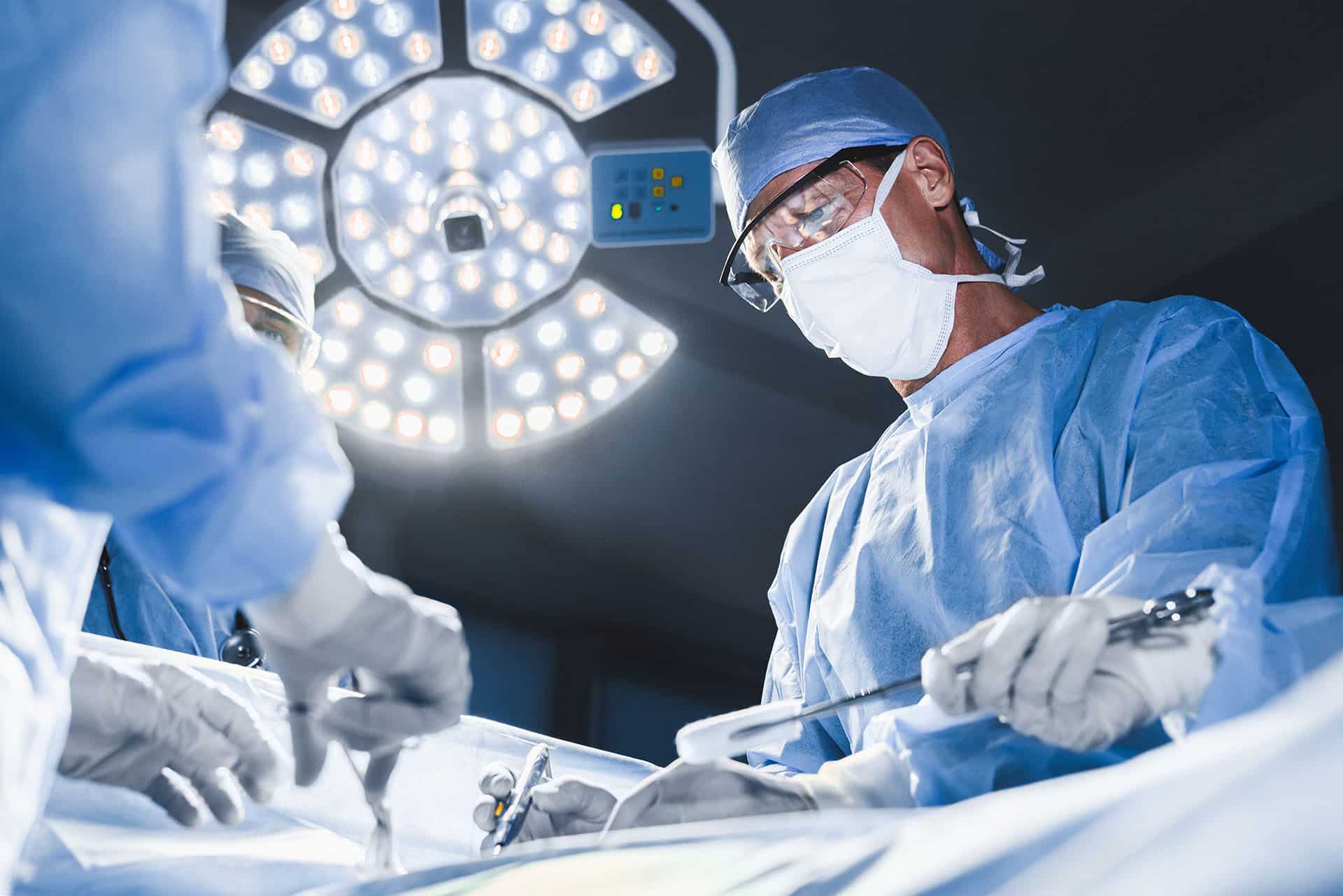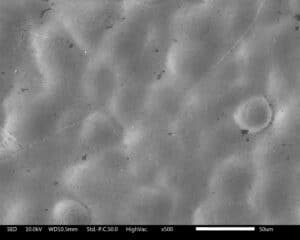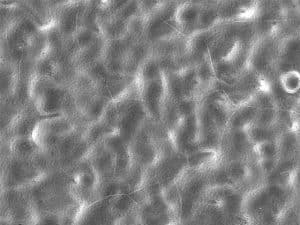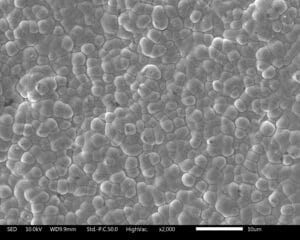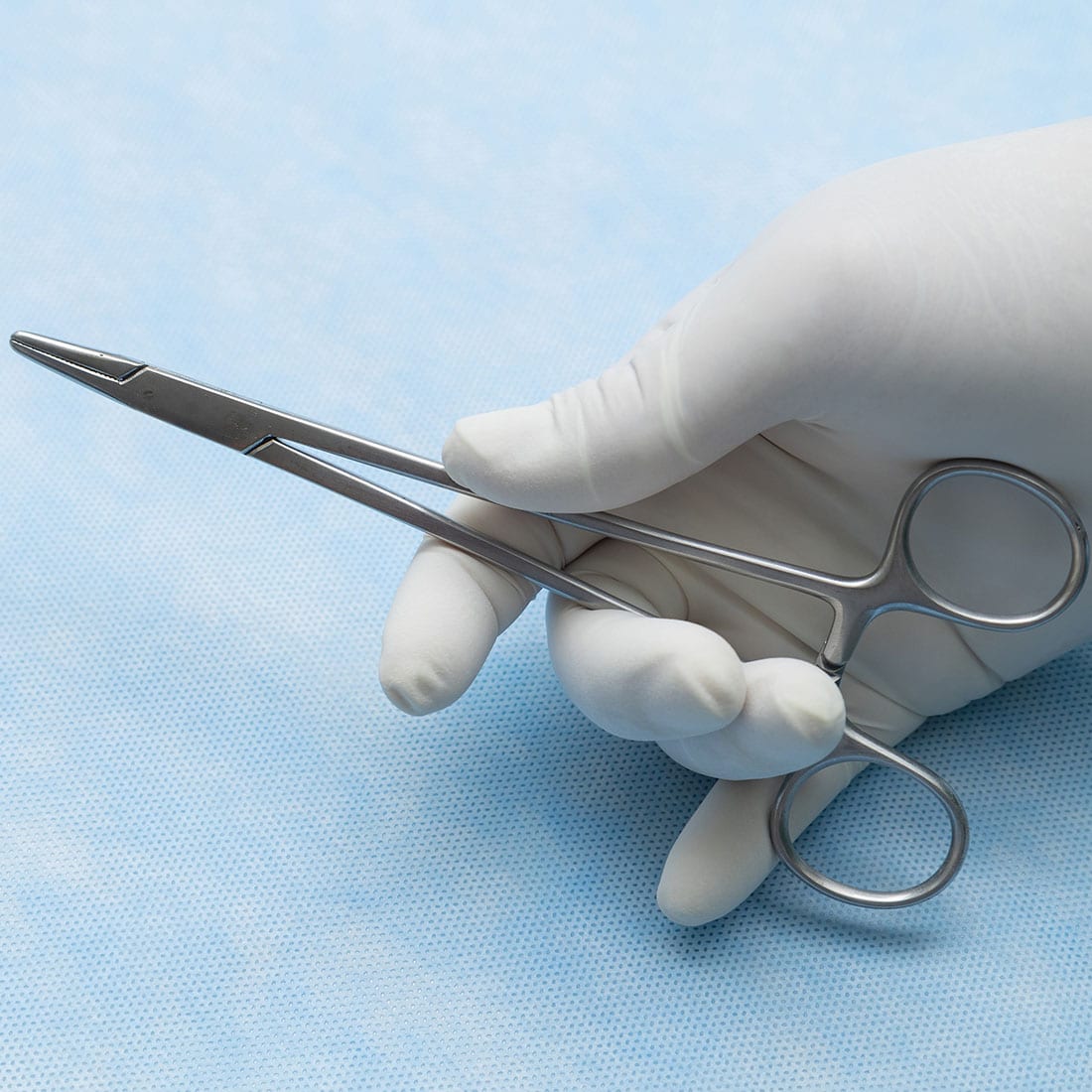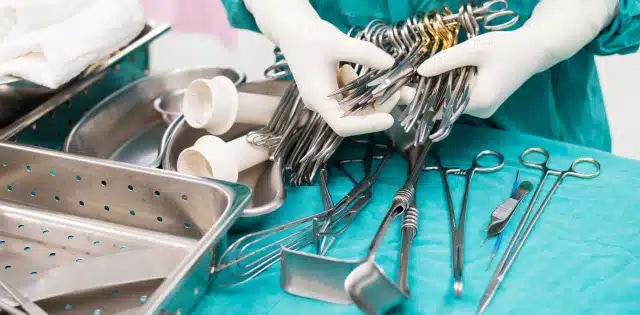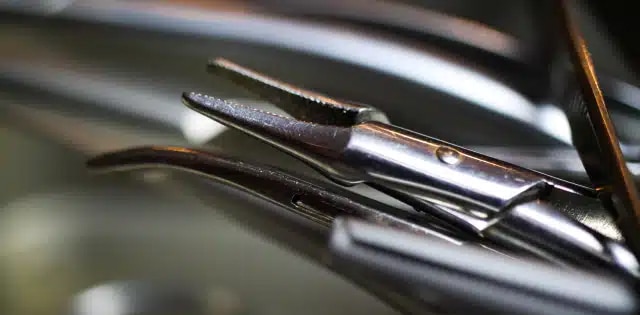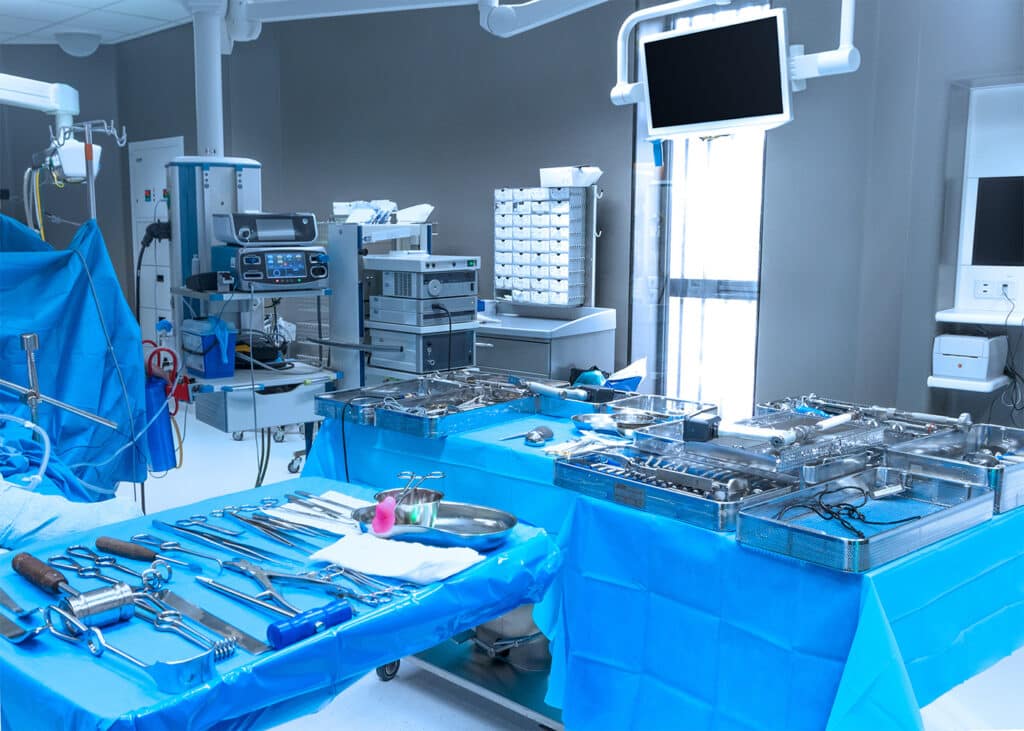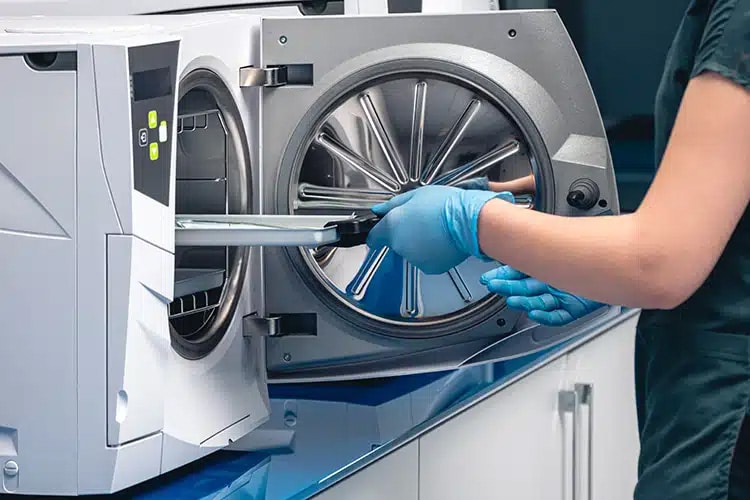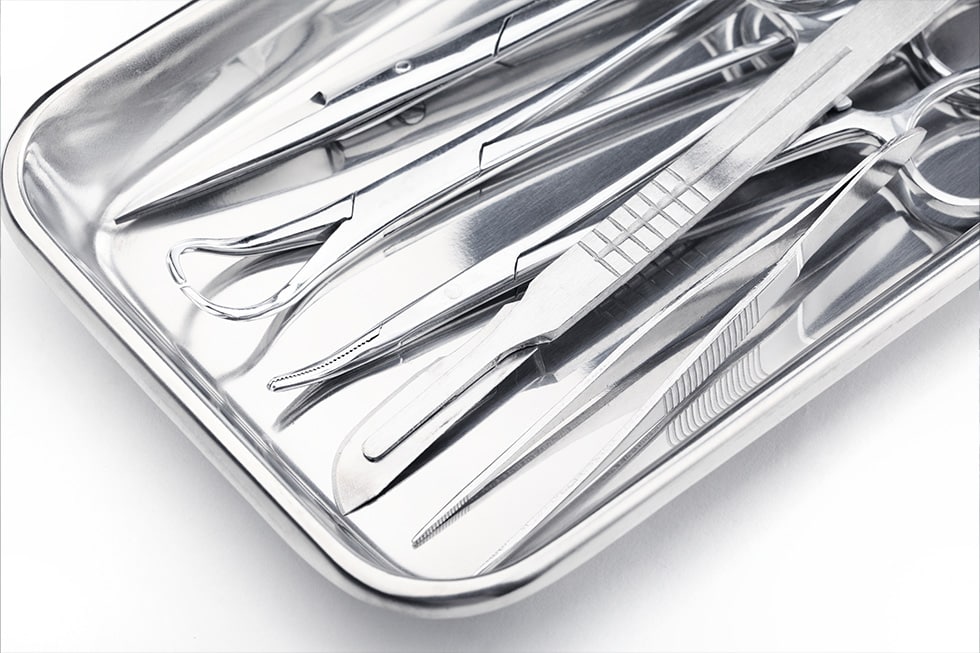Yes, many single-use medical devices are coated — especially when performance, sterilization resistance, or biocompatibility is required. Common coatings include biocompatible chromium (like Armoloy ME-92), PTFE, and Parylene, depending on the device’s function.
Coatings are used to reduce friction, improve cleanability, or prevent corrosion on tools such as catheters, guidewires, or surgical blades. However, not all disposable devices are coated; cost, sterilization method, and regulatory approval influence this decision.
For example, ME-92 is often applied to reusable surgical tools, but may also be used on high-performance single-use components that require ISO 10993 biocompatibility.
